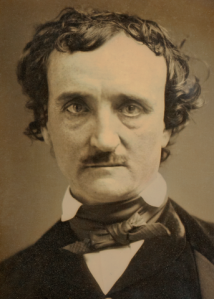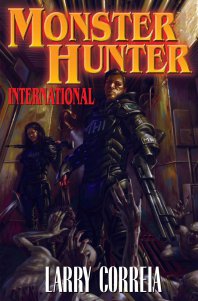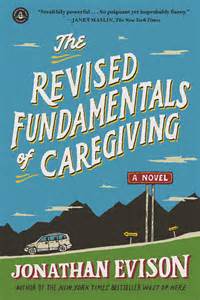
You would be hard pressed to find anyone, especially among our fellow lovers of horror stories and tales of terror, who doesn’t know who Edgar Allan Poe was.
Best known for his poetry and short stories, Poe was also highly regarded as the leading author of Romanticism in American literature and he was one of the earliest American authors of the short story.
Poe’s themes and genres
Edgar Allan Poe’s best known fictional works were in the Gothic genre, which was very popular at the time and the main reason he wrote the genre. The main, recurring themes of a several of Poe’s works dealt with the questions surrounding death, fear of premature burial, coming back from the grave and mourning.
Several of Poe’s works were considered to fall into the dark romanticism genre, which focused on human fallibility and being prone to sin and self-destruction and also the difficulties with adjusting to social acceptance.
Not just another horror story writer
Aside from horror, Poe also wrote satires, humorous stories and hoaxes, which may be a little hard to believe considering the bulk of his other works. Poe was known for using irony and ludicrous extravagance for comic effect. Often times, Poe would use these characteristics of writing as an attempt to liberate the reader from cultural conformity.
Creator of detective fiction
One thing many people don’t realize about Edgar Allan Poe is that he was considered the undisputed “Father” of the Detective Story. Poe literally created the template for all of the great detective fictions to follow. Sir Arthur Conan Doyle who was the creator of one of the greatest detective fictions of all time, Sherlock Holmes, once said that Poe “was a model for all time.”
Edgar Allan Poe only wrote three “true” detective stories, which included, The Murders in the Rue Morgue, The Mystery of Marie Roget and The Purloined Letter, however, in these three stories he created the standards that have been the foundation for all of the detective stories that followed including:
- The concept of hiding clues in plain site, so they are overlooked by everyone who is searching for them.
- The planting of false clues by the criminal.
- The concept of observation and deduction.
- The criminal ultimately being the least-likely person
These are only a few of the concepts used in today’s detective stories that Poe created. Poe also wrote other stories that did feature crime and/or mystery, however, they weren’t considered “true” detective stories because they don’t lay out all of the clues for the reader to solve the crime, so they were considered not “playing fair” with the reader even though they are excellent mysteries in their own right.
Poe the literary critic
Aside from his famous and extremely popular short stories and poetry, Edgar Allan Poe was also recognized for his work as a literary critic.
In fact, Poe was mainly recognized as a literary critic during his lifetime. He has been called the most discriminating, philosophical and fearless critic of American literature. Because of his sometimes abrasive reviews, Poe has also been said that, at times, to “use acid instead of ink” when writing his reviews of works in literature, which also gained him the reputation as a “tomahawk man.”
Many people only think of Edgar Allan Poe as the author who wrote The Tell-Tale Heart and The Raven, but he has done so much more to entertain, enrich and even teach.
Thank you for taking the time to visit my blog. If you enjoyed this article, please join my mailing list to make sure you don’t miss a single informative and entertaining article as soon as it’s published. I encourage you to start or join a discussion by adding a comment at the end of the article.
Also, I can help you with any of your professional content needs, including original blog articles, website content and all other forms of content management and marketing.
Please contact me at michael@mdtcreative.com and I will put my 15+ years of experience to work for you. Let me start spreading the words for you!
Advertisements Share this:




